DNVN - According to the General Director of Minh Phu Seafood Corporation, it is necessary to change the mindset to improve the competitiveness of the shrimp industry towards sustainable development. Instead of chasing output and high technology, it is necessary to focus on sustainability and efficiency...
Challenges weigh heavily on shrimp industry
Vietnam’s shrimp is currently one of two important aquatic species in the country’s aquaculture development strategy, with a total export value of 3.5-4 billion USD, accounting for about 13-14% of the total global shrimp value. Vietnam is also known as the country with the most modern shrimp processing technology in the world and has advantages in producing high-end, value-added products.
At the recent conference of the Government Standing Committee working with large enterprises on solutions to contribute to the country's socio-economic development, Mr. Le Van Quang - General Director of Minh Phu Seafood Corporation said that the shrimp industry plays an extremely important role as it involves about 2 million farmers in the country. However, 2023 witnessed a serious decline in the Vietnamese shrimp industry.
Shrimp production dropped sharply by 32%, while its competitor Ecuador increased by 14% and India by 2%. Commercial shrimp prices fell sharply due to the global economic recession, while Vietnam's shrimp production costs were very high, leading to a loss of competitive advantage.
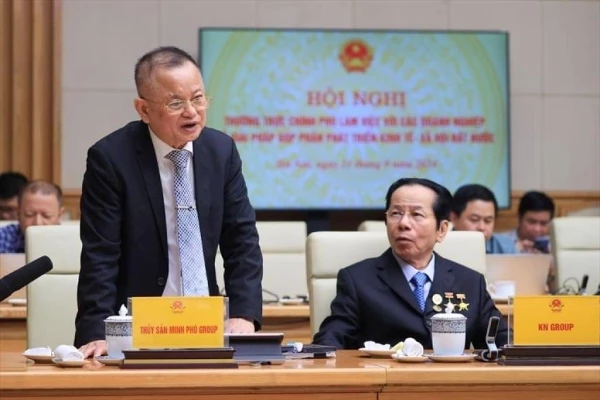
Mr. Le Van Quang - General Director of Minh Phu Seafood Corporation.
Highlighting the major challenges facing the Vietnamese shrimp industry, Mr. Quang said that high labor costs are the main reason. Processing industrial parks are often located far from residential areas, which increases the cost of transporting workers and reduces labor productivity. In addition, the pressure to increase wages due to rising living costs also makes it more difficult for businesses to maintain operational efficiency.
Wastewater treatment costs are also a major issue, with businesses having to pay twice as much as if they were treating their water to Class A standards. In addition, the lack of international certifications such as BAP and ASC for Vietnamese shrimp products reduces selling prices and competitiveness in the international market.
Vietnam's high-density shrimp farming also makes shrimp susceptible to disease, while competitors like Ecuador apply disease-resistant shrimp farming methods at low densities, helping to protect the environment and limit disease.
Changing production thinking
To improve the competitiveness of the shrimp industry, the "boss" of Minh Phu Seafood proposed a series of necessary solutions, emphasizing the need to change production thinking. Instead of focusing only on output and high technology, the shrimp industry needs to focus on product quality, environmental protection and enhancing sustainable value.
Mr. Quang also recommended that the Ministry of Agriculture and Rural Development amend regulations on shrimp seed production, allowing large enterprises to participate in selecting natural breeds to develop disease-resistant shrimp seeds suitable for the environmental conditions of each farming area.
Another important point is to invest in infrastructure such as separate water supply and drainage systems and professional farming industrial zones. It is recommended that the State invest in biotechnology and develop biological fertilizer and feed products, helping to reduce environmental pollution and promote circular agriculture.
In particular, Mr. Quang proposed that the State support the planning stage, Minh Phu is willing to spend resources to invest in construction, planning a number of shrimp industrial parks in Kien Giang, Ca Mau and 2 agricultural product promotion centers in Hanoi and Ho Chi Minh City.
Although Vietnam currently has an advantage in processing, Mr. Quang warned that competitors such as Ecuador, India and Thailand are making efforts to invest in technology and will quickly catch up. Therefore, the shrimp industry needs a long-term development strategy, focusing on quality, sustainability and technological innovation.
The future of Vietnam's shrimp industry depends on quickly adapting to challenges and taking advantage of new opportunities, thereby not only maintaining but also developing sustainably in the global market.
Moonlight
Source: https://doanhnghiepvn.vn/kinh-te/-sep-thuy-san-minh-phu-doi-moi-tu-duy-nang-cao-suc-canh-tranh-nganh-tom/20240926031422165



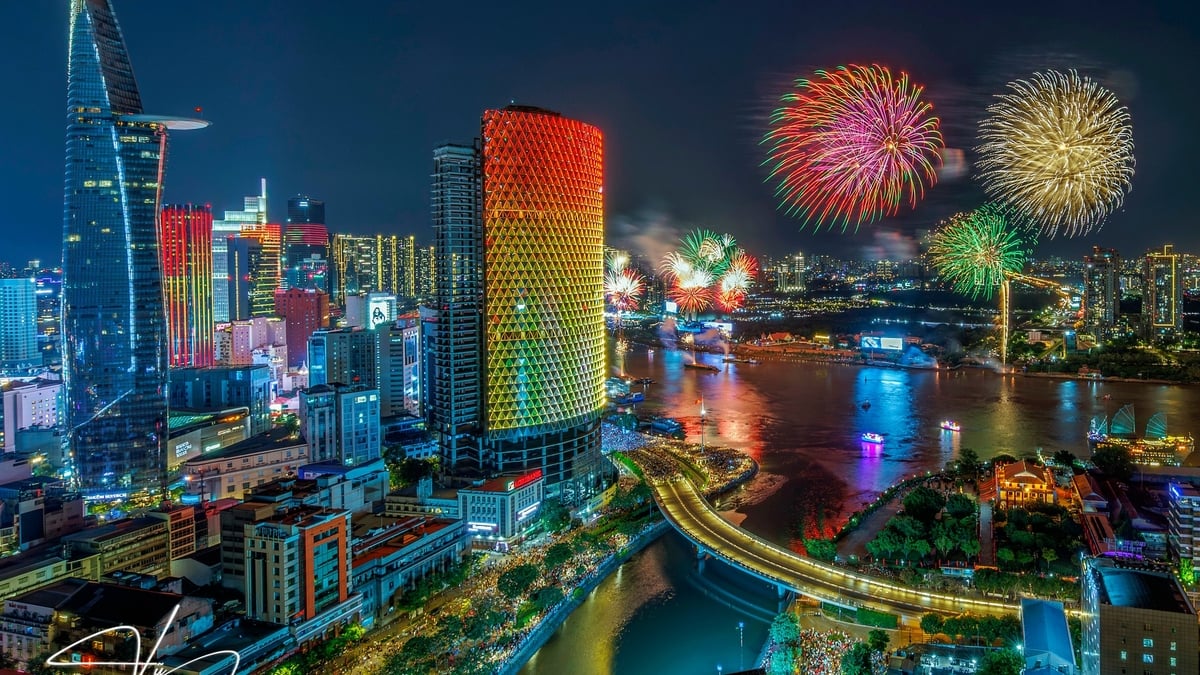
![[Photo] President Luong Cuong presided over the welcoming ceremony and held talks with Sri Lankan President Anura Kumara Dissanayaka](https://vphoto.vietnam.vn/thumb/1200x675/vietnam/resource/IMAGE/2025/5/5/bbb34e48c0194f2e81f59748df3f21c7)
![[Photo] Solemn opening of the 9th Session, 15th National Assembly](https://vphoto.vietnam.vn/thumb/1200x675/vietnam/resource/IMAGE/2025/5/5/ad3b9de4debc46efb4a0e04db0295ad8)


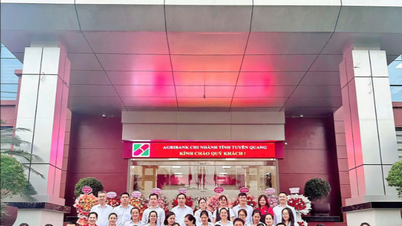

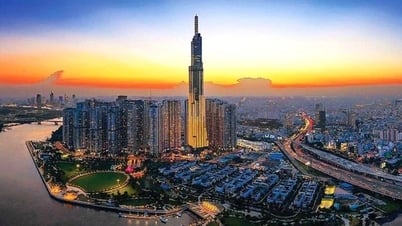

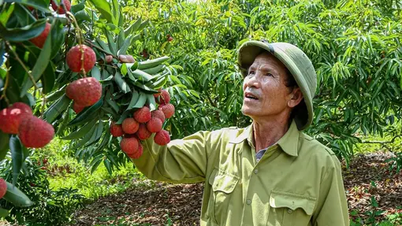


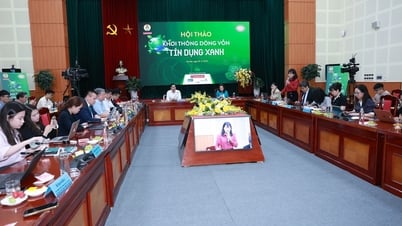
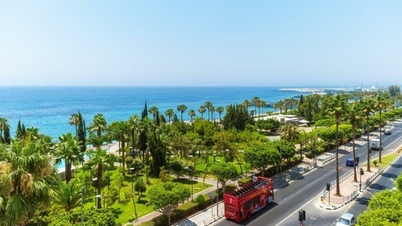
















![[Photo] National Assembly delegates visit President Ho Chi Minh's Mausoleum](https://vphoto.vietnam.vn/thumb/1200x675/vietnam/resource/IMAGE/2025/5/5/9c1b8b0a0c264b84a43b60d30df48f75)

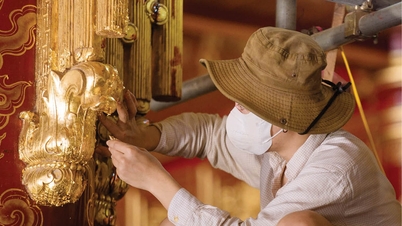





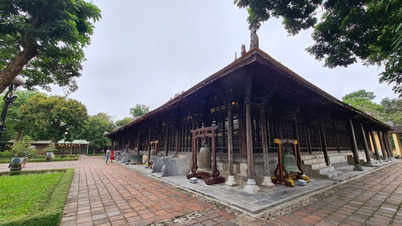



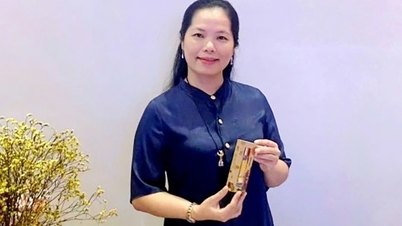

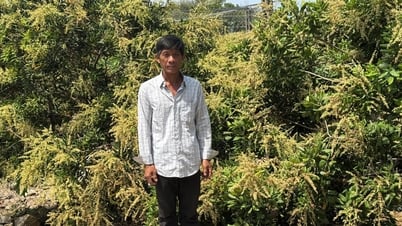
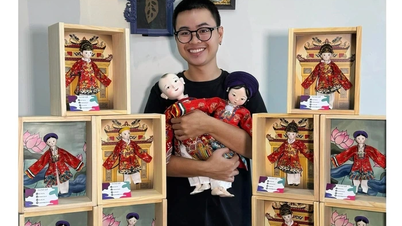




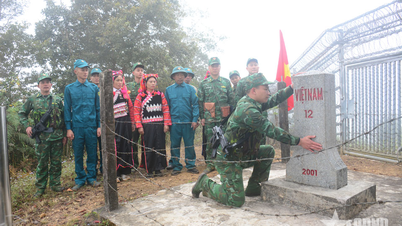








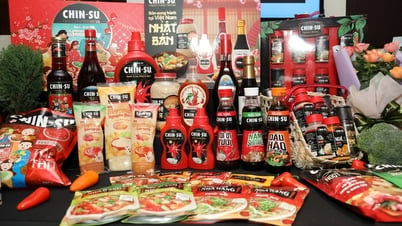



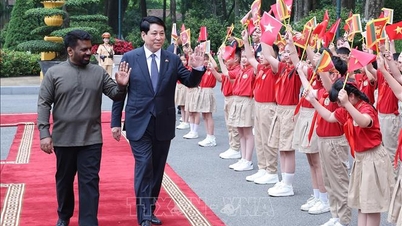

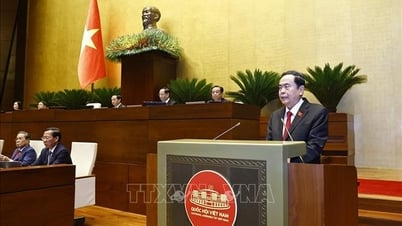
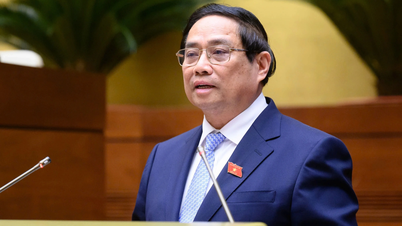
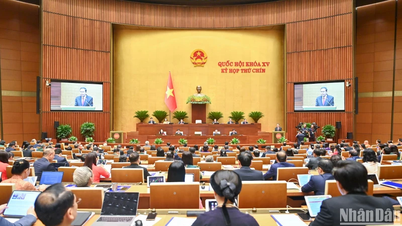



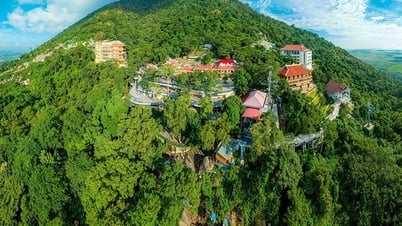



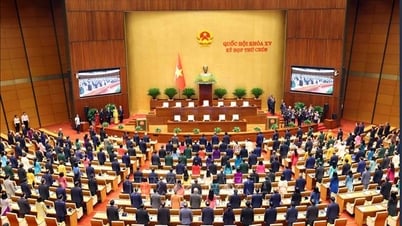











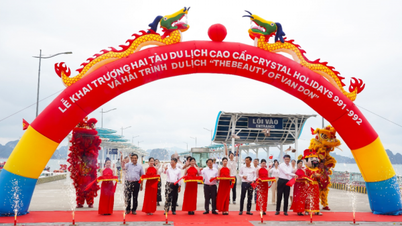



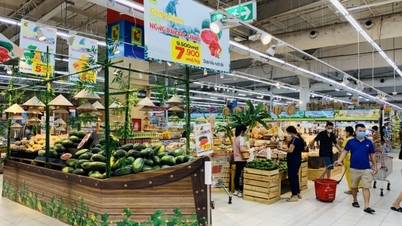

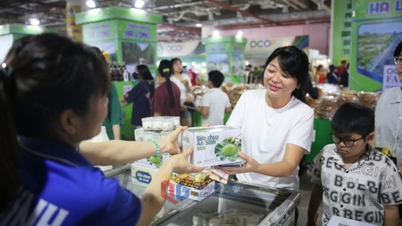
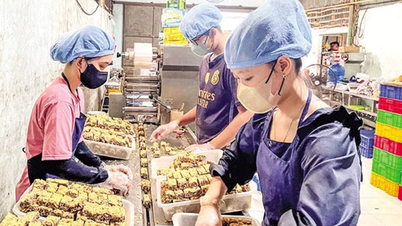





Comment (0)